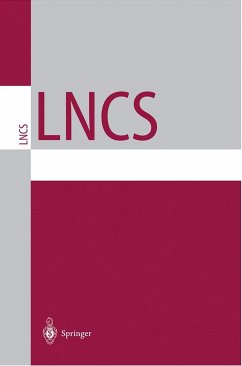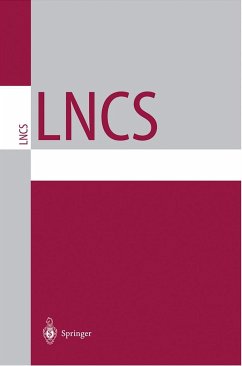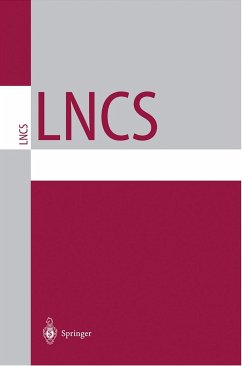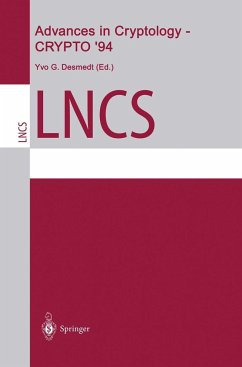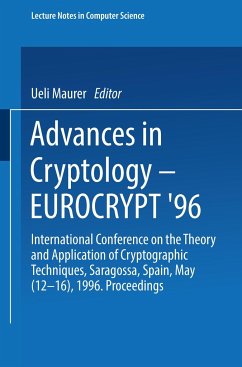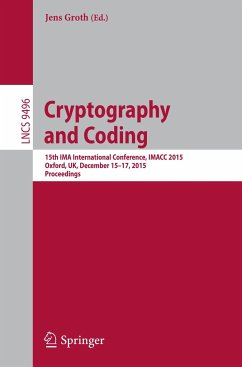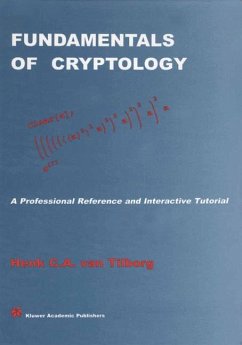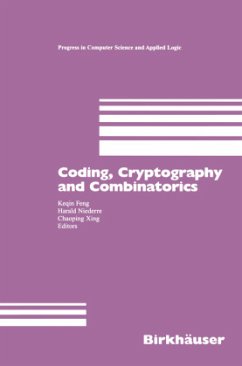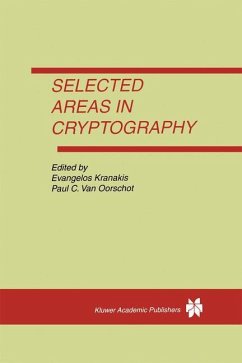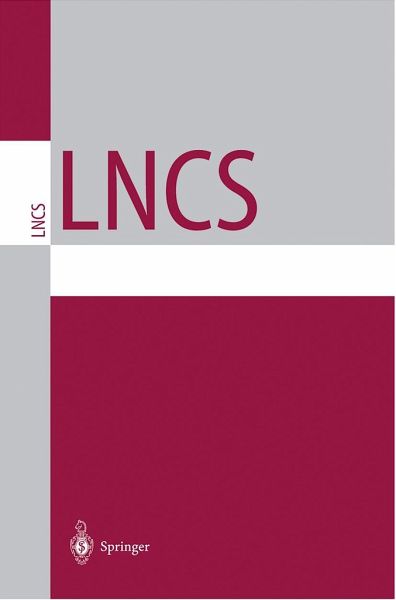
Advances in Cryptology - CRYPTO '92
12th Annual International Cryptology Conference, Santa Barbara, California, USA, August 16-20, 1992. Proceedings
Herausgegeben: Brickell, Ernest F.

PAYBACK Punkte
20 °P sammeln!
Crypto'92 took place on August 16-20, 1992. It was the twelfth in the series of annual cryptology conferences held on the beautiful campus of the University of California, Santa Barbara. Once again, it was sponsored by the International Association for Cryptologic Research, in cooperation with the IEEE Computer Society Technical Committee on Security and Privacy. The conference ran smoothly, due to the diligent efforts of the g- eral chair, Spyros Magliveras of the University of Nebraska. One of the measures of the success of this series of conferences is represented by the ever increasing num...
Crypto'92 took place on August 16-20, 1992. It was the twelfth in the series of annual cryptology conferences held on the beautiful campus of the University of California, Santa Barbara. Once again, it was sponsored by the International Association for Cryptologic Research, in cooperation with the IEEE Computer Society Technical Committee on Security and Privacy. The conference ran smoothly, due to the diligent efforts of the g- eral chair, Spyros Magliveras of the University of Nebraska. One of the measures of the success of this series of conferences is represented by the ever increasing number of papers submitted. This year, there were 135 submissions to the c- ference, which represents a new record. Following the practice of recent program comm- tees, the papers received anonymous review. The program committee accepted 38 papers for presentation. In addition, there were two invited presentations, one by Miles Smid on the Digital Signature Standard, and one by Mike Fellows on presenting the concepts of cryptology to elementary-age students. These proceedings contains these 40 papers plus 3 papers that were presented at the Rump Session. I would like to thank all of the authors of the submitted papers and all of the speakers who presented papers. I would like to express my sincere appreciation to the work of the program committee: Ivan Damgard (Aarhus University, Denmark), Odd Goldreich (Technion, Israel), Burt Kaliski (RSA Data Security, USA), Joe Kilian (NEC, USA).



